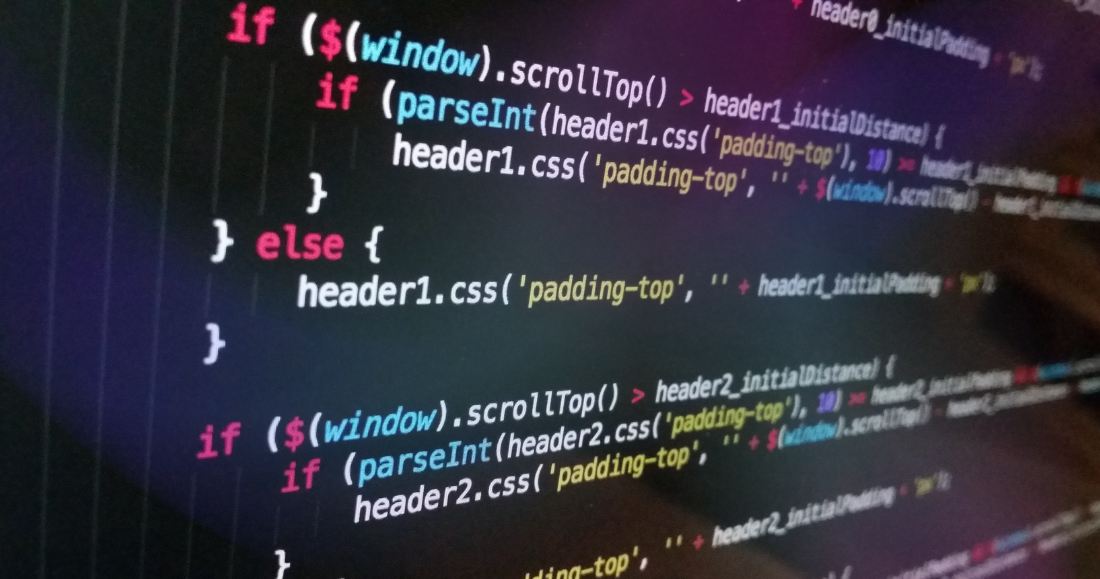Introduction
In the world of blockchain and Web3, privacy is becoming not only a desirable but also a necessary condition for most users and companies
The world of technology is constantly evolving, and every year the requirements for privacy and security are increasing. Imagine being able to prove to someone that you know secret information without disclosing it. It seems impossible, but in the blockchain world, there is a concept that allows you to do just that – Zero-Knowledge Proofs (ZKP), or “zero-disclosure proofs.” ZKP is a method that allows one party to convince another of the truth of certain information without disclosing any details of that information.
With every transaction on a public blockchain being viewable by anyone, there is a growing demand for tools that can provide security without compromising privacy.
ZKP are becoming a key technology to help blockchain projects remain private and secure in a decentralized environment.

Shall we take a closer look?
Zero-Knowledge Proofs (ZKP) is a cryptographic method by which one party (the proofer) can prove to another party (the verifier) the truth of certain information without disclosing the information itself. In other words, the proponent can confirm that he knows something important, but does not have to say what he knows. It’s like saying, “I know the solution to this problem,” but not sharing the solution itself.
How it works?
To understand how Zero-Knowledge Proofs work, let’s imagine a simple scenario. You have a puzzle that you have solved, and you want to prove to a friend that you know the correct solution, but you don’t want to show it to them. You solve the puzzle in front of your friend, but he doesn’t see your actions directly. All he sees is that the puzzle is solved correctly. So you have proved yourself right, but you have not disclosed the method of achieving it.
In cryptography, this process means that the proofer uses a special algorithm to create a proof that the verifier can confirm without having access to the data itself. The verifier only receives confirmation that the data is true, but is unable to obtain additional information.
Types of ZKP
Interactive ZKP requires active interaction between the proof and the verifier. The process consists of several steps: the proof and the verifier exchange messages until the verifier receives sufficient evidence to confirm the veracity of the information. The interaction between the parties can continue until the verifier is convinced of the truth of the evidence.
Non-Interactive ZKP does not require constant interaction between the parties after the initial stage. The prover creates the evidence once, and the verifier can check it independently, without further communication. This type of proof is especially useful in distributed systems where there is no possibility for constant interaction between the parties.
The advantages of Zero-Knowledge Proofs
Confidentiality. With ZKP, you can confirm the authenticity of a transaction or any data without disclosing it. This is ideal for blockchain ecosystems where transaction privacy is an important factor.
Security. By using ZKP, you reduce the risk of network attacks, as critical information is not transmitted or stored in an accessible form.
Efficiency. Since ZKPs allow you to perform checks without accessing the data itself, it can reduce computational complexity and make processes faster.
So how is it used in Web3?
Blockchain transactions.
One of the most popular implementations of ZKP is the ZCash project, which uses zk-SNARKs (Zero-Knowledge Succinct Non-Interactive Arguments of Knowledge). This allows users to conduct anonymous transactions on the blockchain without disclosing information about the sender, recipient, or amount.
Code (example of zk-SNARKs on Ethereum):
solidity
contract zkSnarkExample {
function verifyProof(
bytes memory proof,
uint256[] memory input
) public view returns (bool) {
// Verify proof of transaction without disclosing data
bool result = zkSNARK.verify(proof, input);
return result;
}
}
Smart contracts.
Zero-Knowledge Proofs are also being integrated into smart contracts, increasing their security. For example, the Polygon platform uses zkEVM, a scalability solution based on zk-SNARKs, to increase the privacy and speed of Ethereum transactions.
Confidential accounts.
Web3 applications are increasingly integrating ZKP to protect users’ personal data. This allows users to verify their identity or perform certain actions without disclosing private information. For example, in decentralized financial applications (DeFi), you can confirm your credit rating without disclosing detailed financial information
One example is Tornado Cash on Ethereum, which allows users to anonymize their transactions through ZKP. The technology works in such a way that a user deposits ether into a contract and then can withdraw it without leaving a trace of his or her identity.
Zero-Knowledge Proofs limitations.
Technical complexity.
Despite all the advantages, the implementation of Zero-Knowledge Proofs (ZKP) is extremely difficult from a technical point of view. In addition to cryptographic knowledge, supporting these solutions requires a complex infrastructure and thorough auditing.
There are several libraries available that can significantly reduce the complexity of developing ZKP applications, such as LambdaWorks, Arkworks, and Gnark. These libraries provide developers with a set of tools and building blocks that simplify the implementation of complex cryptographic protocols.
And Gnark, one of the most powerful and user-friendly libraries available for ZKP development. Gnark is an open-source library that provides developers with a high-level programming language and a set of tools to build efficient and secure ZKP applications. Let’s explore the features and benefits of gnark and show how it can simplify the process of building ZKP applications.

Gnark, written in Go, is a fast ZK-SNARK library that offers both a high-level API and a low-level API to design circuits. The library is open-source and developed under the Apache 2.0 license.
Why Gnark
We are using Gnark as a backend for Noir. Noir is a domain-specific language for creating and verifying proofs. Noir compiles to an intermediate language which itself can be compiled to an arithmetic circuit or a rank-1 constraint system. This in itself brings up a few challenges within the design process but allows one to decouple the programming language completely from the backend. This is similar in theory to LLVM.
ZK with Gnark
The main flow for generating a ZK-Proof and verifying it would be:
- Arithmetization: This is generating the R1CS or Sparse R1CS circuit with its constraints.
- Generate a proof of execution for this circuit, given some public and private variables.
- Verify said proof with the same public inputs used when generating the proof.
Gnark has both a high level API and a low level API. The main difference relies in the arithmetization.
The complexity increases if the application needs to be scalable and able to withstand a large number of requests from users.
Resource consumption.
ZKPs require significant computing power and resources to generate and verify evidence. This results in high integration costs for this technology, especially for projects operating in decentralized networks with limited resources.
The main challenges are.
- Computing resources: Generating evidence in zk-SNARKs or zk-STARKs can be very costly. For example, zk-SNARKs require a large amount of computation, which can slow down transactions on the Ethereum network, particularly during high traffic times.
- Gas price: The use of ZKP in smart contracts significantly increases the cost of transactions due to the increased use of computing power. This is a deterrent for many blockchain projects.
Limited use.
Despite the potential of ZKPs, their use remains limited on many blockchain platforms. The reason for this is the technical and financial difficulties associated with integration, as well as the lack of a sufficient number of developers with experience in implementing ZKPs.
- Why haven’t platforms implemented ZKP on a large scale yet?
- High cost of implementation**: Enterprises face significant costs required to integrate ZKP into their projects. Because of this, some of them decide not to implement such solutions yet.
- Scalability issues**: Many blockchain platforms have not yet been adapted to support ZKP on a massive scale, which can lead to problems with scalability and network performance.
The Future of Zero-Knowledge Proofs in Web3.
The future of ZKPs looks extremely promising as more and more companies realize the importance of privacy and security in Web3. Thanks to the development of technologies such as zk-SNARKs and zk-STARKs, ZKP integration is becoming easier and more affordable. It is expected that in the near future, ZKPs will become an integral part of blockchain platforms, ensuring the confidentiality of transactions and accounts.
This technology has every chance of becoming the new standard for data protection in decentralized finance (DeFi). Platforms such as Ethereum and Polkadot are already actively experimenting with ZKP, which confirms their significant potential.
Zero-Knowledge Proofs can also play a key role in protecting privacy in a decentralized economy. With the growing popularity of Web3, privacy issues are coming to the fore. ZKP is a unique solution that allows for secure transactions without disclosing personal data. This opens up new opportunities for creating private and secure services in the areas of finance, digital asset management, and identification.
ZKP’s technology will also facilitate the development of confidential accounts, which will allow users to interact with Web3 applications while maintaining the anonymity and security of their data.





